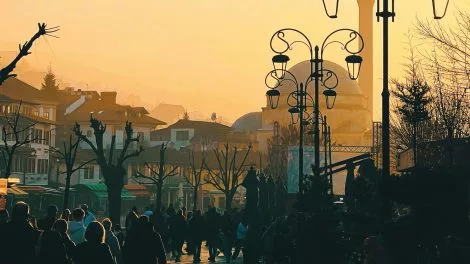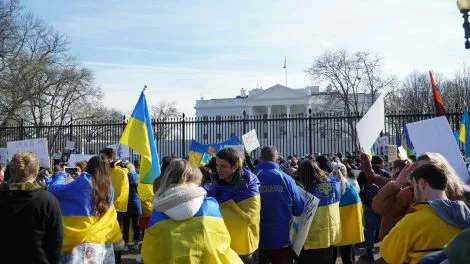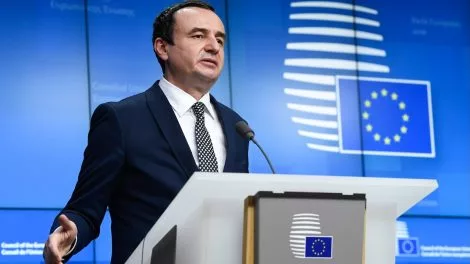The former High Representative for Bosnia and Herzegovina Miroslav Lajčák has expressed concern at the election on October 7 of Bosnian Serb nationalist Milorad Dodik to the three-member rotating presidency of Bosnia and Herzegovina. Mr Lajčák, currently the president of the United Nations General Assembly, stated that he is worried by the outcome of the Bosnian elections and that Europe should not lose interest in the Western Balkans.
Speaking at an event in Dublin, Mr Lajčák told Emerging Europe that Bosnia definitely has a European perspective, but unfortunately it has not come close enough to the European Union to feel the full effect of European integration.
“This is has worried the countries of Central Europe,” he said. “This is what has worried Montenegro and Serbia. The moment you feel that the perspective gets tangible, it really affects the way you operate. Bosnia and Herzegovina is not there yet and, to be honest, I’m really worried about the outcome of these elections. Milorad Dodik, who makes no secret of the fact that he does not believe in the future of the country, is now a member of the presidency and I have my doubts that he will use this role to strengthen Bosnia and Herzegovina.”
Neither is Mr Lajčák optimistic about the outcome of the election for the Croat seat on the tripartite presidency.
“The Croats feel that they are not represented,” he said. “The Croat member of the presidency [Željko Komšić] was elected by Bosniaks and, for them [the Croats] they have always felt marginalised, and now they will feel even more so. For them, it is two Bosniaks and one Serbian, but no Croat, in the presidency.”
On the recent referendum in Macedonia and the EU’s role in the world, Mr Lajčák called for more engagement.
“I believe the European Union should be the main actor in the Balkans, but we are not,” he said. “I believe that it is a shame that, after the Republic of Macedonia was able to reach a pain-staking deal with Greece on the name issue (which shows us that identity is an extremely important issue in the Balkans), we, the European Union, were unable to say the very simple sentence: ‘You are invited to start the negotiations.’ We have a global responsibility. You see actors emerging: the world is moving from a uni-polar to a multi-polar system and it makes all the sense for the EU to be one of the centres, but it is not happening! So, that’s why I’m calling for the EU to be aware of its global responsibility. We have no right to keep ourselves busy with our internal agendas only. The rest of the world and our neighbours are waiting for us to play our role.”
Published by: emerging-europe.com




